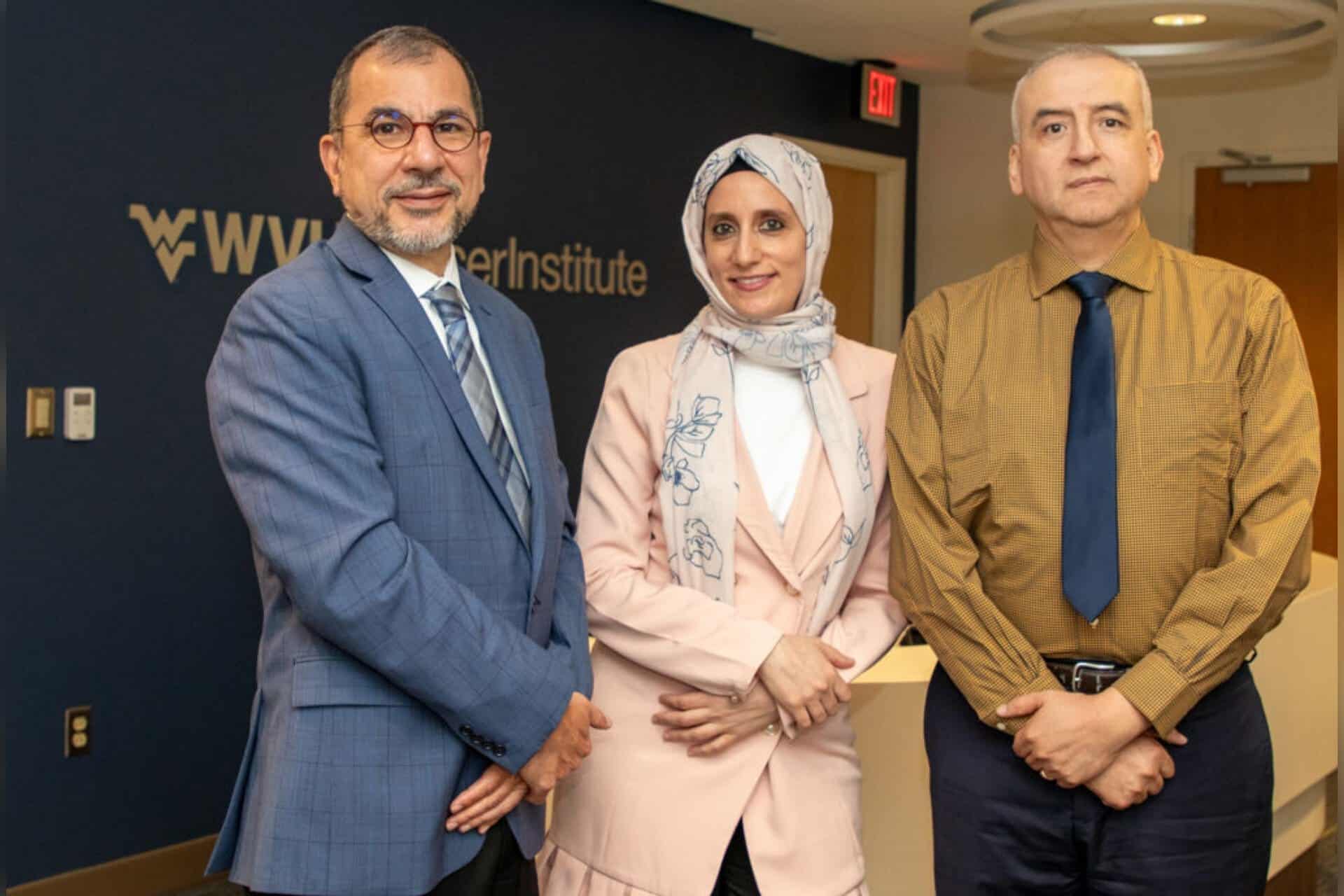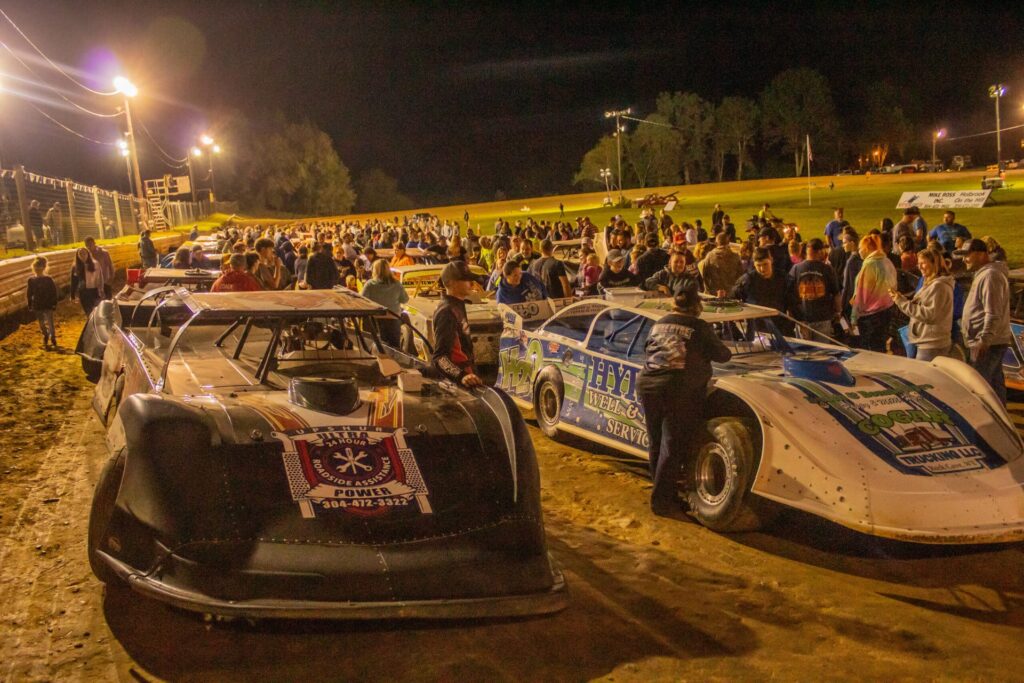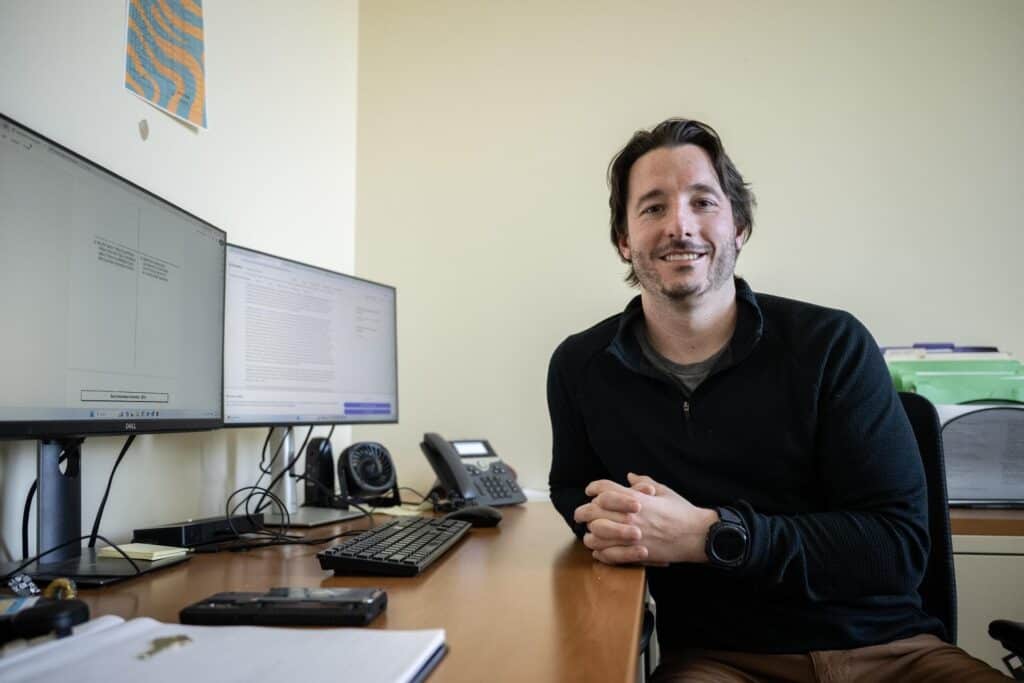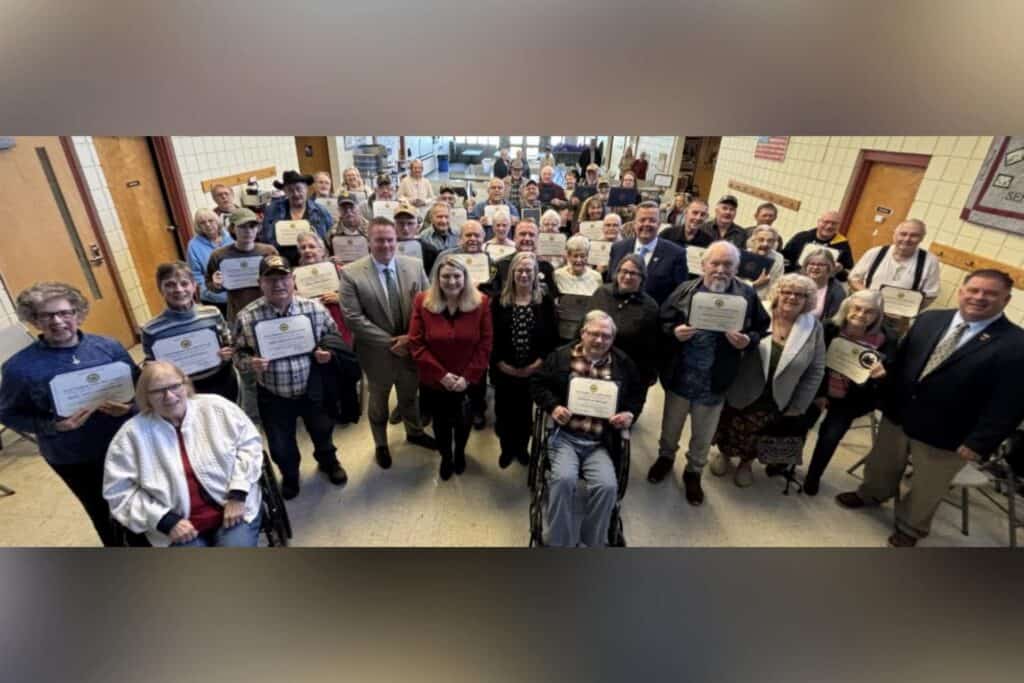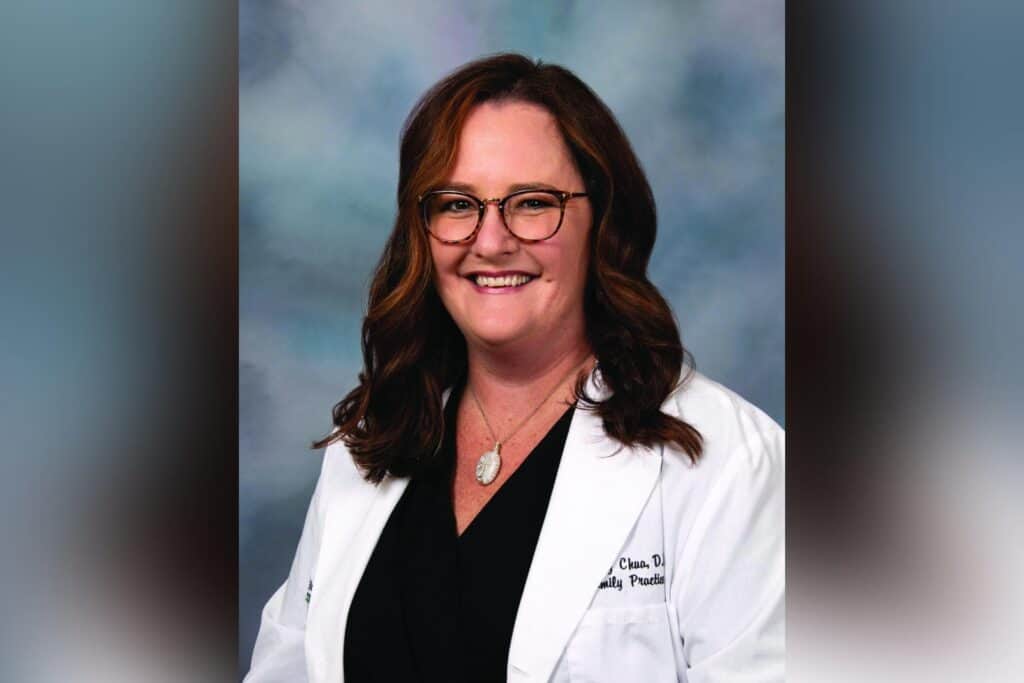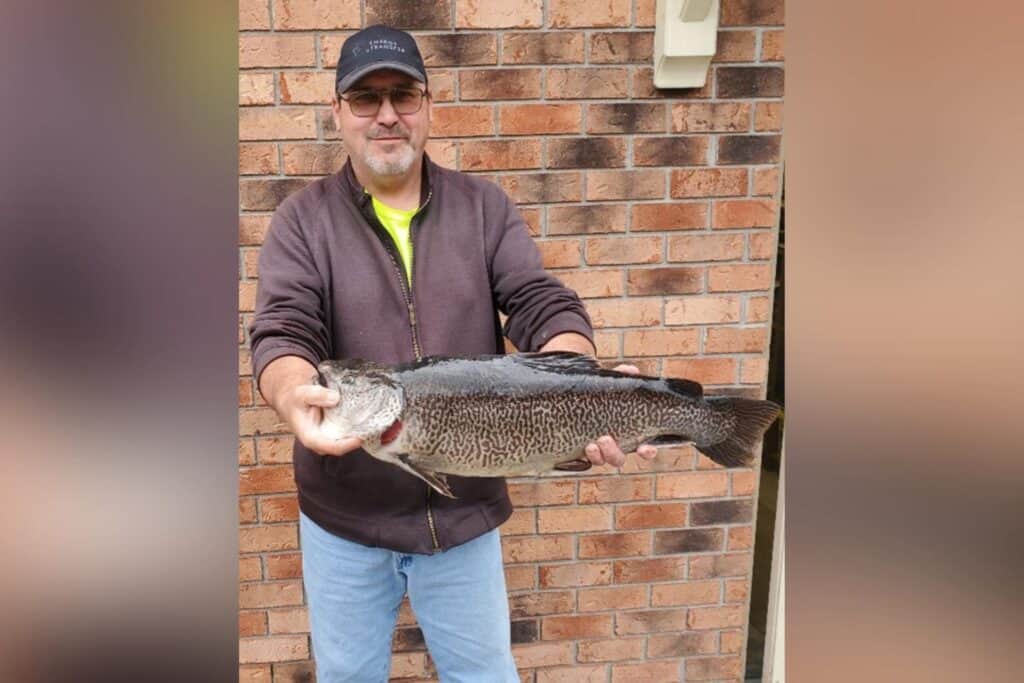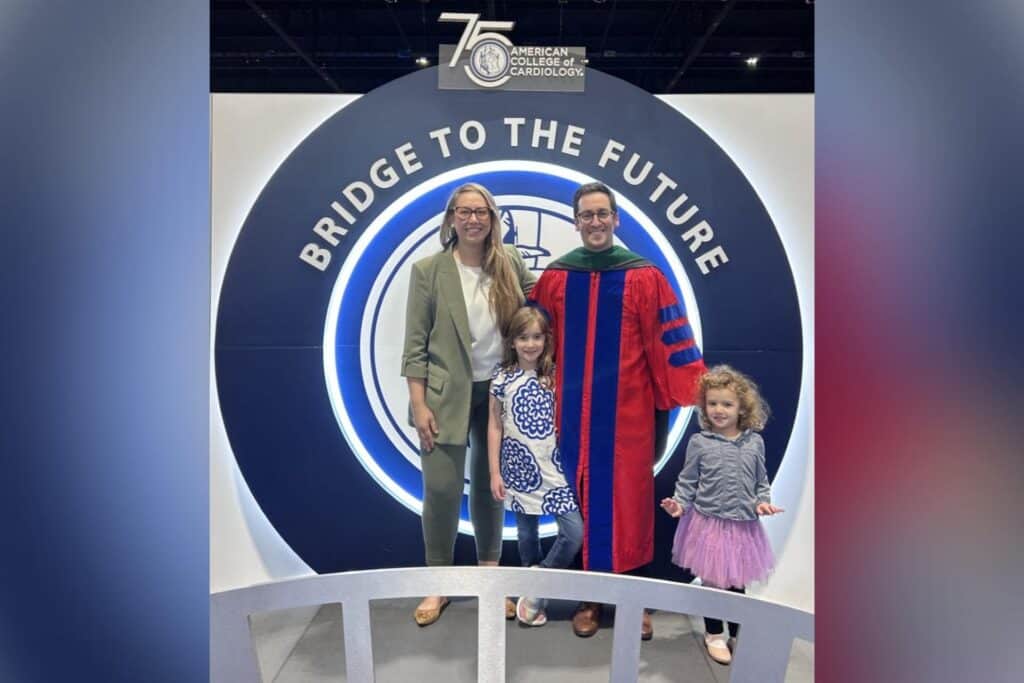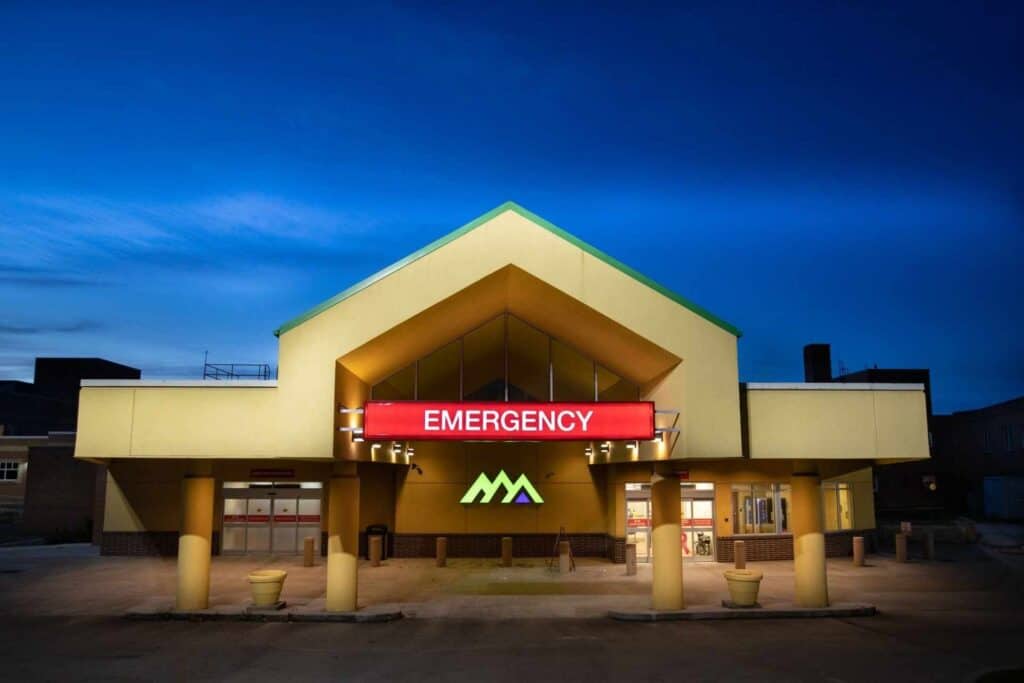The WVU Cancer Institute is set to launch an outpatient Geriatric Oncology Clinic designed specifically for older adults diagnosed with cancer. This initiative aims to address the unique medical needs of this demographic, which often includes managing chronic conditions alongside cancer treatment.
Located at the Mary Babb Randolph Cancer Center, the clinic will be fully operational next month. It will provide comprehensive care that considers age-related factors affecting patients’ quality of life.
West Virginia ranks third in the nation for the number of older residents, and it also has one of the highest cancer incidence rates among those over 65. This new clinic is a critical addition to healthcare resources in the state.
“Similar to the worldwide cancer burden, in our own state of West Virginia, the population of older and frailer patients with cancer is growing rapidly. This underscores the urgent need for more and stronger multidisciplinary clinical care and research on the diagnosis and treatment of geriatric cancer and survivorship care for older adults,” said Ashkan Emadi, M.D., Ph.D, chair and physician-in-chief of the Department of Medical Oncology at the WVU Cancer Institute.
The clinic will be led by experienced providers R. Osvaldo Navia, M.D., division chief of Geriatrics, Palliative Medicine, and Hospice, and Manar Shalak, M.D. They aim to enhance the care and quality of life for geriatric cancer patients throughout West Virginia.
“The main purpose for the Geriatric Oncology Clinic is to become an efficient ‘bridge’ between patients, oncologists, and primary care physicians,” Dr. Navia said. “The geriatric team will evaluate patients using specific tools that measure the overall fitness for tolerating treatments, effective care of chronic medical problems, and the general goal of care.”
Functional assessments at the clinic will cover various aspects including fall risk, sensory loss, fatigue, frailty, memory impairment, social support, nutrition, and mental health issues like depression and anxiety.
To learn more about the WVU Cancer Institute, visit WVUMedicine/Cancer.

